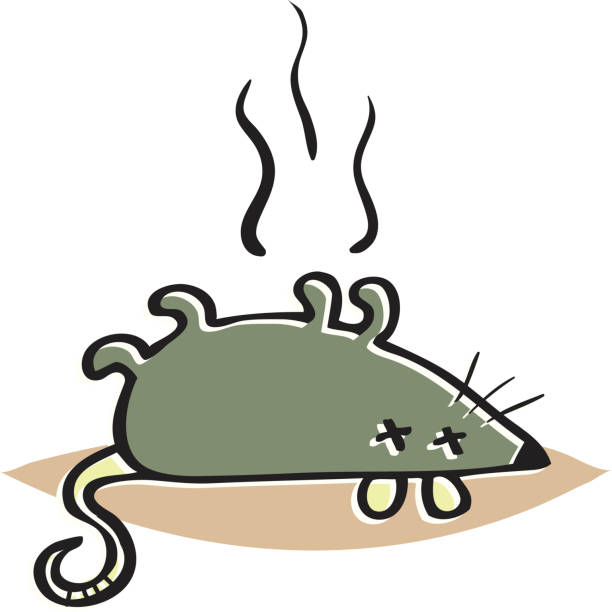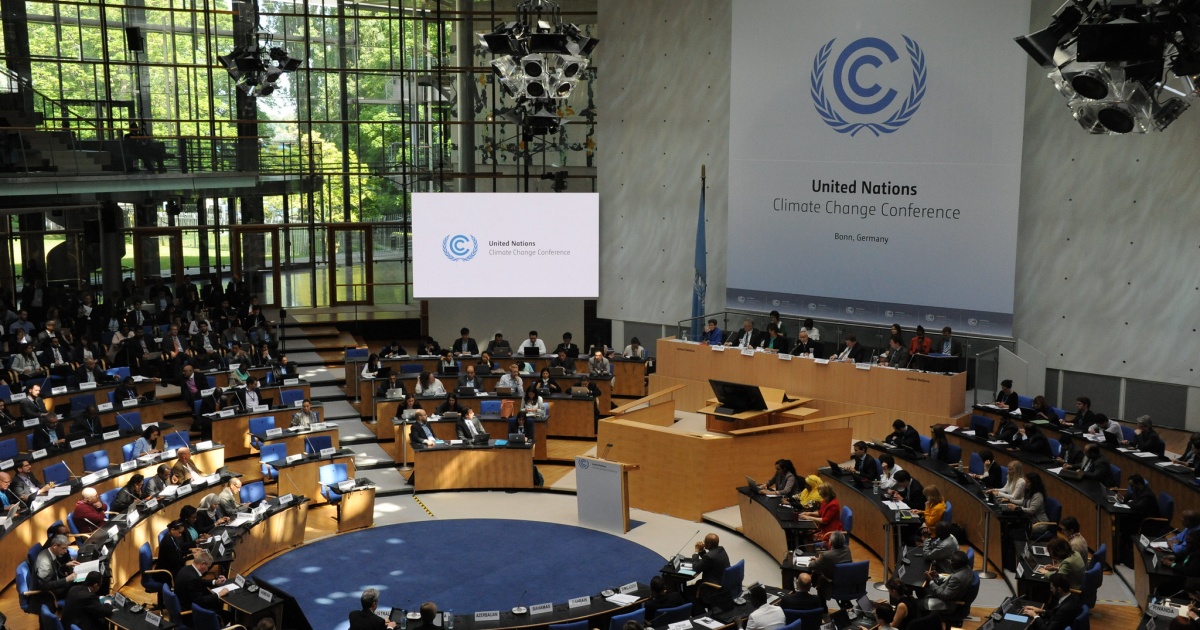After talking about death and how to cope with it for an entire quarter, I would say I am still just as scared about dying and the thought of death as I was prior to this class. However, I would say that I have a better understanding of how that fear motivates me as a member of a certain society to act in a certain way. Terror Management Theory was a concept that I struggled to come to terms with as someone who likes to see myself motivated by life, not death, but working through it with our class has made me appreciate my time and place on this earth in a different light.
Working with my action project group to showcase people’s opinions about death and how they could be rationalized or explained by the work of Ernest Becker and related to experiments done in Worm at the Core on Terror Management Theory was a very grounding experience. We got to work with the material we spent so much time discussing in class while we debated economic impacts of globalization on climate change and the influence of sacrifice and gift giving on our relationships with facing death. It felt like creating a small piece of information about the enormous concepts of life and death that we covered all quarter.
Absorbing information about what to do as an activist in the face of climate change was just as difficult as facing the idea of death multiple times a week. I felt like we spent so much time talk about the irreversible damage that human pollution has caused to the environment during a time when I personally have never felt more connected to earth. It forced me to reevaluate if I was appreciating my position as a human existing as part of the earth system and giving back to it, because loving to hike and ski isn’t saving it even if it makes me appreciate it. It was seeing the albatrosses, learning the meaning of Anthropocene, and discussing the effects of the Bolt Creek fire on Seattle when we had the worst air quality in the world.
Even though I am one person, this quarter has helped me understand the gift of existing as a person on this planet for the short time that I am.










